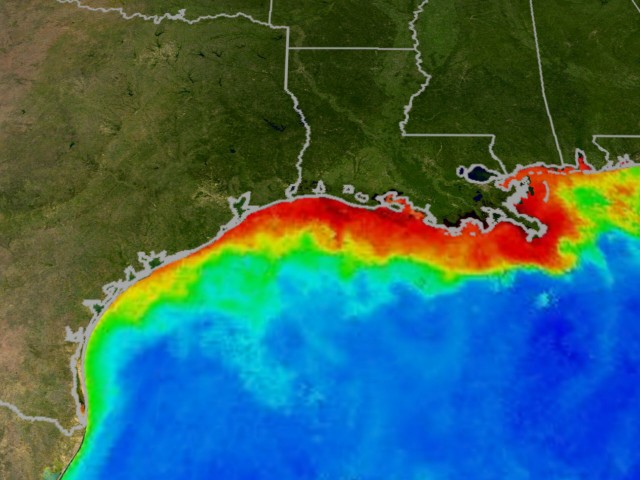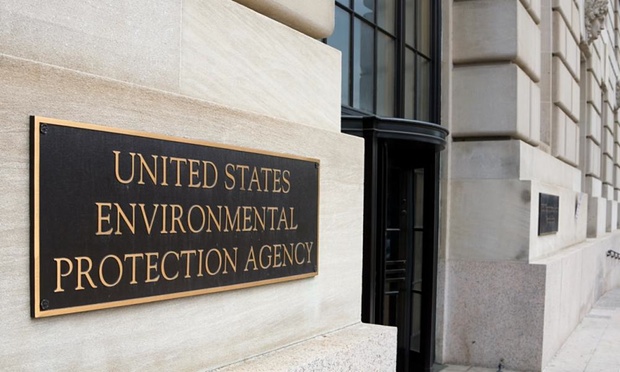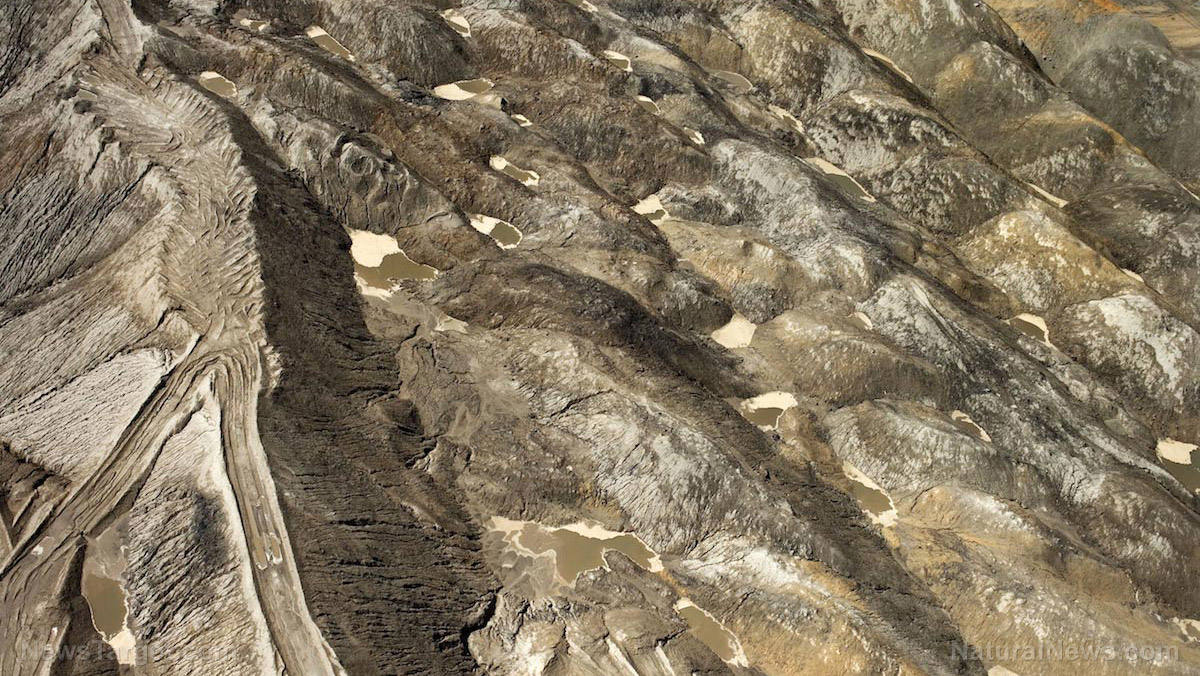Scientists have recently announced the largest oceanic dead zone ever recorded, located in the Gulf of Mexico, just off the coast of Louisiana and the mouth of the Mississippi River.
A dead zone is an area of water that is unable to support marine life – it is almost completely devoid of oxygen due to extreme water pollution, particularly unnaturally increased levels of nitrogen in the water. Other pollutants include loss of perennial forage plants, loss of wetlands, construction of artificial drainage systems, and roads and highways.
“Nutrients flowing into streams, rivers and the ocean from agriculture and wastewater stimulate an overgrowth of algae, which then decomposes. This results in hypoxia, or lack of oxygen, in the water, causing marine life either to flee or to die,” according to a report by The Guardian.
The massive patch of oxygen-depleted water in the Gulf of Mexico measured 8,776 square miles, an area about the size of New Jersey. It is the largest ever recorded patch since dead zone mapping began there in 1985. The previous record-holder was back in 2002, when scientists detected a large dead zone in the Gulf stretching for 8,497 square miles.
The loss of oxygen causes loss of marine habitats, which in turn forces fish and other animals to migrate to other areas to survive. It also affects the reproductive capabilities of many marine species.
This large dead zone size shows that nutrient pollution is continuing to affect the nation’s coastal resources and habitats in the Gulf. Excess nutrients stream down the Mississippi river which stimulate massive algal growths that eventually decompose – this is the process that depletes the oxygen required to support marine life. Sources of these nutrients include fertilizers from agriculture, erosion of soil, sewage discharge from treatment plants, and developed land runoff in the Mississippi River watershed (to name a few). (Related: Gulf of Mexico DEAD ZONE caused by agricultural runoff from U.S. farms.)
Nutrient pollution has spread to other parts of the North American continent. Florida’s largest lake, Lake Okeechobee, has become a toxic wasteland due to man-made activities such as cattle-ranching and practices surrounding sugar cane farming. This has also affected areas around the Great Lakes, including drinking water supplies in the Midwest.
Organic vs. industrial methods
Industrial agriculture and food production systems have played a key role in the alarming issue of pollution and other ecological disasters all over the world. The massive demand for agricultural development and food production come from rising human populations and suburban development, which produce excessive amounts of toxic waste that eventually make its way into the ecosystems.
Organic agriculture may be a far healthier food production alternative. It avoids all use of harmful synthetic chemicals (such as artificial fertilizers and pesticides) that conventional farming uses, which in turn contaminate the soil and underground water. Organic farming is significantly less stressful for the environment, which in turn preserves local wildlife and conserves biodiversity of the surrounding ecosystems, with the absence of toxic chemicals in the environment.
Read more about Earth science at Ecology.news.
Sources include:
WakingTimes.com 1
WakingTimes.com 2
TheGuardian.com














